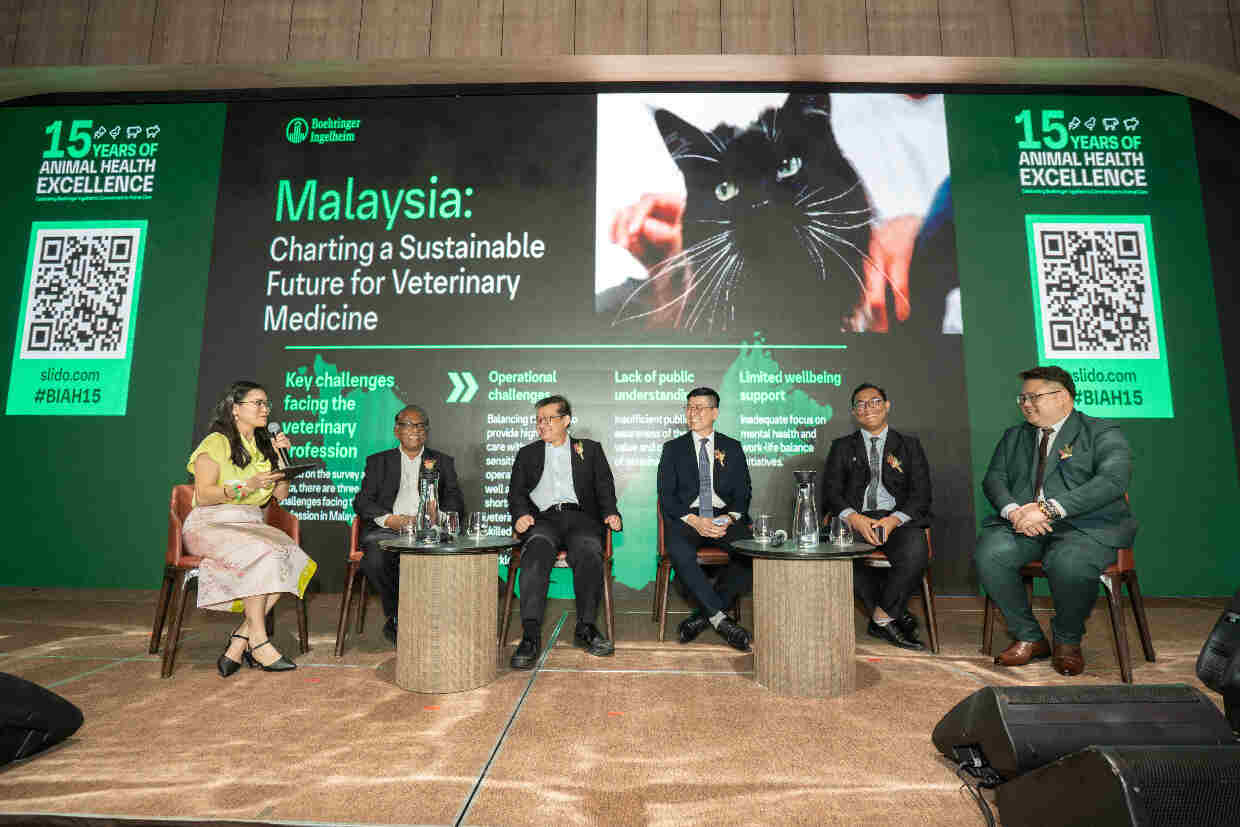Hindus should start building temples only if it would benefit the local community and not to serve the interests of few individuals alone, said Selangor state exco member, Dr Xavier Jeyakumar recently.
“People don’t come to temples to see the person who has built the temple, but rather to pray to God, and temple leaders should bear that in mind,” he said during the inaugural congress of Hindu temple associations from all over Selangor yesterday.
Jeyakumar was addressing over 1,000 leaders and representatives from temples all over Selangor in a first-of-its-kind congress that was meant to address and engage temple leaders on issues affecting Hindu temples in the state.
Jeyakumar was referring to the growth in the number of unregistered temples, and stressed on the necessity of to comply with due process before building temples.
“If a temple is unregistered [with the authorities] and was built on a land that was not gazetted exclusively for [such use], then we have to implement the law and take measures to demolish the temple,” he warned.
“There is not enough land in Selangor. We also need to allocate spaces for churches, Gurdwaras, and Chinese temples. So I urge the people to ponder whether a temple is really necessary in a place before proceeding to build it,” he said.
The demolition and relocation of Hindu temples, erection of small shrines under trees and also the trend of building private ‘family temples’ have been controversial issues in recent years.
Jeyakumar said that the can be no exact count of temples in Malaysia, as it is believed that a majority of them are as yet unregistered.
“When I first assumed office in March 2008, I was surprised to know that there were no documents whatsoever on the Hindu temples in Malaysia. Only after I sent the registration forms to temples around Selangor, over 500 of them registered, so far,” he explained.
“All the temple committees are obliged to explain to the authorities and also to the people who contribute to them on how they utilise the funds that they get from both parties.”
Xavier’s reminder that temples should be built according to the law was echoed by Malaysia Hindu Sangam deputy president, V Kandasamy.
“Temples should have a functioning organisation and they should always collaborate closely with the local councils and authorities,” he said.
Kandasamy however stressed that temples should also serve their civic duty as community centres.
“Gone are the days when temples are used for prayer alone. Temples serve the role of morally educating the society in its vicinity, so temples should also operate as community centres.”
1 Hindu 1 Ringgit
Kandasamy also announced the introduction of a 1 Hindu 1 Ringgit scheme which is set to be launched by the Malaysia Hindu Sangam later this month.
“This scheme will see each Hindu donating RM1 per month to MHS, which would mean that every individual could contribute RM12 per year. This would amount to roughly RM1.5mil a year, which will be used to maintain temples and to boost religious programmes.”
The attendees were handed a complete manual on how allocations are provided for religious entities under state law and how Hindu temple leaders can register their temples with the state government.
MHS will be holding a nationwide gathering of temple leaders scheduled for December 18 this year, and Jeyakumar announced that the Selangor government is ready to sponsor the event.
The congress was also attended by fellow Selangor executive councillor Ronnie Liu, Kota Alam Shah assemblyperson M Manoharan and Senator S Ramakrishnan.













